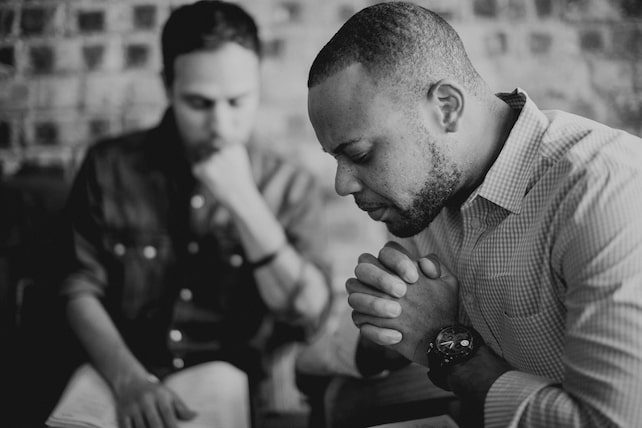 As pastors, we know the foundation of our spiritual lives is prayer. We teach converts and congregants that prayer is a conversation with God, the underpinning of a life of faith. We lead formal and informal prayers in groups wherever we go, and the most frequent request we hear is, “Pastor, will you please pray for me?”
As pastors, we know the foundation of our spiritual lives is prayer. We teach converts and congregants that prayer is a conversation with God, the underpinning of a life of faith. We lead formal and informal prayers in groups wherever we go, and the most frequent request we hear is, “Pastor, will you please pray for me?”
Others look up to us as spiritual giants, those fluent in the language of prayer. The truth is, however, that life and ministry can disrupt the best of intentions, and sometimes we find ourselves in desert seasons where our prayer lives feel dry.
It is easy to tackle pastoring and leadership in a business-like manner. We lean in with human talents and the tools offered by present-day culture. There are plenty of voices around us that know how to get things done efficiently. So we need reminders of our kingdom values—nudges toward re-invigorating our time spent with God.
God’s best for us goes beyond the prayer elements of adoration, confession, thanksgiving, and supplication—beyond simple listening, and into the kind of living, breathing prayer that is life itself. Let’s explore how to take the Apostle Paul’s words seriously and practice praying “without ceasing.”
The following five points come from Michael C. Voights’ book, “The Fourth Degree of Prayer.”
1. Prayer as Renewal
Bernard of Clairvaux, a Benedictine monk in twelfth-century France, proposed that the entry point for prayer is utilizing it to better ourselves. An example of this is acknowledging the deep well which is our soul, dug and sustained by the Holy Spirit. Our time in the world often results in this well getting filled up with dirt. Therefore, time spent with God discerning whether we are filled with what the world offers or with God himself is paramount to our health and effectiveness as ministers. Have you become a victim of your activities? When was the last time you excavated the living well that is your soul?
2. Prayer as Conversation With God
Jesus taught, “Ask and it will be given to you; seek and you will find; knock and the door will be opened to you.” In this place of asking, seeking, and knocking, we step outside ourselves, recognize God as our provider, and learn to intercede for others. When our calls get complicated, messy, or complex, we may lean into this degree of prayer and release our anger and frustration to the Lord. When was the last time you said in simplicity, “God, help!”?
3. Repetitive Rhythms of Prayer
Looking again to previous centuries, St. Benedict and his Rule recommend seven scheduled prayer times throughout a leader’s day. It is tempting to think this kind of schedule is unreasonable. Contemporary life and ministry are hectic! Therefore, Mike Voight asks, “For the disciple of Jesus, which one is the real world: a day scheduled by prayer or a day led by frantic life and ministry?” It is easy to look down upon repetitious prayer habits, thinking they will become stale and rote. This degree of prayer, however, establishes prayer as our first instinct. Do you have time with God regularly scheduled into your ministry calendar?
4. My Life as Prayer
When we’ve journeyed with the Holy Spirit into true, undivided communion, we come to a place where prayer and living are the same. As Voight describes, “Our life becomes one perpetual prayer to God.” In this place, we realize we don’t need words, and our communication becomes effortless. This kind of prayer taps into the command of Jesus: “Abide in me.” When was the last time you took time away with Jesus to walk, discover, laugh, or play?

